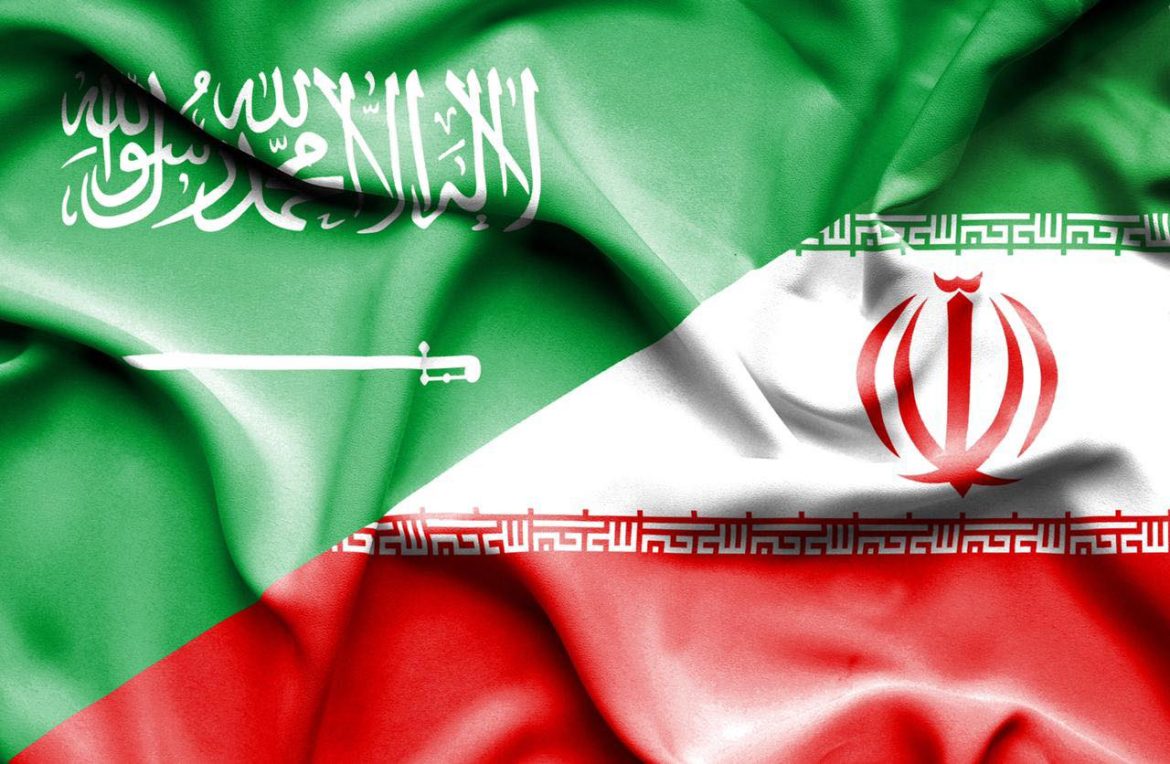The Middle East remained surrounded and besieged by the political rivalry between the Kingdom of Saudi Arabia and Iran for decades,and the conflict still exists until this moment between statements and allusions.
Of course, many of the conflicts and rebellions that exist today have their roots in this hostility, and Iraq, Syria,
Yemen and Lebanon are only glaring examples of this conflict, and it is worth noting that matters have worsened
after the arrival of Saudi Crown Prince Mohammed bin Salman to power and his decision to war on Yemen
– Where the Iranian-backed Houthi rebels have explicit and unquestionable support – as well as his support for opponents
of President Bashar al-Assad, Iran’s ally in Syria, of course these areas have been, and are, witnesses to this conflict.
Another example is the historical support by the United States of America to Saudi Arabia, which was matched on the other
hand by the tightening of sanctions on Iran by the administration of former United States President Donald Trump, which made
it unlikely at that time that appropriate opportunities would be available to thaw relations between the two countries.
In fact, according to reliable sources, the Kingdom of Saudi Arabia has established hidden relations with Israel to form an alliance against Iran,
and this was a key factor in establishing diplomatic relations between the United Arab Emirates and several other Islamic countries and between Israel.
But after the election of Joe Biden to the presidency in the United States of America, the geostrategic environment has changed.
And the matter began to emerge at an early stage. During Joe Biden’s presidential campaign, he criticized the human rights record in Saudi Arabia
several times, as well as the issue of the conflict in Yemen, followed by the issuance of American reports about the killing of journalist Jamal Khashoggi,
so the interaction by the new American administration -and before President Biden was elected – with the files related to the Kingdom of Saudi Arabia,
somehow indicates a change in the clear form of the relationship from what it was in the time of Trump.
Currently, the new foreign policy of the United States seeks to maintain a minimum level of involvement in the Middle East after focusing and
devoting energy to the Asia-Pacific region due to the factor of China and other emerging economies, and in conjunction with this caution and
ambiguity towards the Middle East by the Biden administration there is tireless work by these The administration to revive the nuclear agreement,
which will greatly change the balance of power in the region if it is achieved.
Of course, in light of this changing environment, and in the interest of a strong and effective presence in the region, Prince Mohammed bin Salman
spoke in a television interview in April about a desire to negotiate with Iran in order to improve relations, and in fact, there were informal dialogues – according
to New York Times – Already taking place between the heads of the Saudi and Iranian intelligence agencies in Baghdad for a few months, the results
are not likely to be available soon, but it may be a good start for peace in the Middle East.
As for the desire of the US administration at the present time to get closer to Iran, perhaps the most important reason is the announced Chinese investment,
which amounts to 400 billion US dollars, which is distributed in the fields of energy and infrastructure during the next twenty-five years,
We also do not forget that Iran, as a neighboring country to Afghanistan, can play an important positive role in consolidating peace after the withdrawal
of US forces from it in September.
– As for the situation of the Saudi leadership, the security and safety of the Kingdom and its presence within a calm and stable environment is of one of
its most important priorities at the present time, and to ensure the continuity of this security and to close many fronts of conflict, Mohammed bin Salman
started a dialogue with Iran and improved relations with Qatar and showed the desire By achieving a ceasefire in Yemen, and reviving the tense relations to
some extent with Pakistan due to the difference in the total dependence in security matters on the United States of America and the fact that Pakistan is in
agreement with China because of the strategic partnership between China and Pakistan.
The results of the current dialogue between the Kingdom of Saudi Arabia and Iran are not likely to be noticeably visible in the near future,
but only signs of breaking the ice of relations give hope for good and stability in the Middle East, which has been wracked by conflicts between many
players who have exploited this competition for their own interests .

